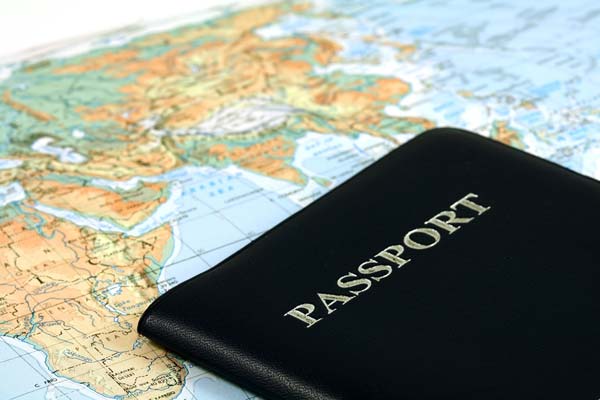
Understanding China Visa Categories: Which One is Right for You?
If you’re planning a trip to China, the first step is determining the purpose of your visit and selecting the correct visa category. Each visa type is tailored for different activities, whether it’s work, study, or tourism. Here’s a simplified guide to help you understand which visa you need.
Visa Categories and Their Purpose
C Visa: For crew members of international transport (aircraft, trains, ships) or drivers involved in cross-border activities, as well as their family members.
D Visa: For those intending to reside permanently in China.
F Visa: For individuals visiting China for short-term exchanges, tours, or non-profit activities.
G Visa: For those transiting through China to another country.
J1 Visa: For foreign journalists working for foreign news organizations, residing in China for more than 180 days.
J2 Visa: For journalists visiting China for short-term news coverage (less than 180 days).
L Visa: For tourists visiting China.
M Visa: For business or trade activities in China.
Q1 Visa: For family reunions with Chinese citizens or foreigners holding permanent residence in China (for stays longer than 180 days).
Q2 Visa: For short-term family visits to Chinese citizens or permanent residents (for stays less than 180 days).
R Visa: For highly skilled individuals urgently needed in China.
S1 Visa: For those visiting family members who are foreigners working or studying in China, or for other private matters (for stays longer than 180 days).
S2 Visa: For short-term visits to family members who are foreign nationals in China, or for other private matters (for stays less than 180 days).
X1 Visa: For students studying in China for more than 180 days.
X2 Visa: For students studying in China for less than 180 days.
Z Visa: For individuals intending to work in China.
Documents Required for Visa Application
Once you’ve determined the right visa category, here are the basic documents you’ll need to prepare:
Completed Visa Application Form: Ensure all information is accurate and truthful.
Recent Passport-Sized Photograph: A color photo on a white background.
Valid Passport: It must be valid for at least six months with at least two blank visa pages.
Submission in Person: Applications must be submitted in person at the relevant Chinese Embassy or Visa Center. Applications by post are not accepted.
Supporting Documents: Depending on your visa category, you may need additional documents such as an invitation letter, proof of family relationship, or business licenses.
Specific Visa Requirements
Here’s a breakdown of what you’ll need for some specific visas:
Diplomatic/Service Visa: Requires a diplomatic or service passport and an invitation from a Chinese government department.
Q Visa (Family Visit Visa): Requires an invitation letter from family in China and proof of the relationship.
S Visa (Private Matters): For family visits, you’ll need an invitation letter and proof of the relationship. If visiting for medical reasons, you’ll also need a medical certificate from a Chinese hospital.
M Visa (Business Visa): First-time applicants need an original invitation letter from a Chinese organization, a business license, and a round-trip ticket.
F Visa (Non-Profit Visit): Requires an invitation letter and a company introduction letter.
Z Visa (Work Visa): Requires an invitation letter, an Alien Employment License, a Chinese Business License, and a physical examination certificate.
X Visa (Study Visa): Requires an admission notice from a Chinese university and a student visa application form (JW201 or JW202).
Final Considerations
While gathering the required documents, it’s important to remember that providing these does not guarantee visa approval. The Chinese Embassy or Consulate may request additional documents or information during the application process.
For the best results, ensure all information is accurate and truthful, and seek advice from your local Chinese Embassy if you’re unsure about any requirements. By understanding the right visa for your purpose and preparing thoroughly, you can ensure a smoother application process for your trip to China.
